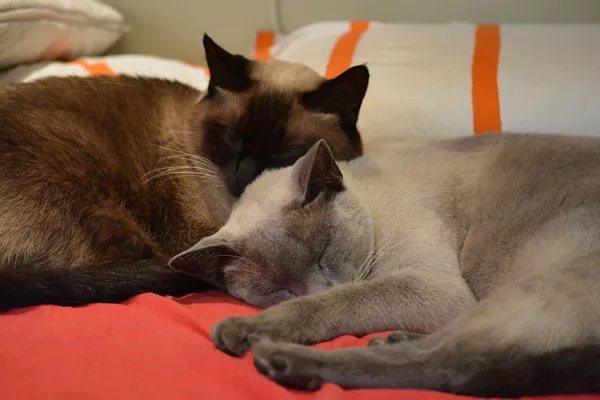British Shorthair kittens are renowned for their adorable chubby faces, plush coats, and easygoing personalities. However, owning a kitten requires a lot of responsibility and attention. Here is a comprehensive guide on how to take care of your British shorthair kitten.
Feeding your kitten
The first step in taking care of your British Shorthair kitten is ensuring that they are getting the right nutrition. Kittens need a diet that is rich in protein, vitamins, and minerals to support their growth and development. Look for high-quality kitten food that contains at least 30% protein and is formulated specifically for kittens.
Feed your kitten small meals throughout the day, as younger kittens have smaller stomachs and require more frequent feedings. As your kitten gets older, you can gradually reduce the number of feedings. Make sure to provide clean water at all times and change it regularly.
Grooming your kitten
British Shorthair kittens have dense, plush coats that require regular grooming to prevent matting and shedding. Brush your kitten’s coat at least once a week with a soft-bristled brush to remove loose hair and distribute natural oils evenly. This will help to keep your kitten’s coat healthy and shiny.
Trim your kitten’s nails every two to three weeks with a pair of sharp, clean nail trimmers. Avoid cutting the quick, which is the pink part of the nail that contains blood vessels and nerves. If you accidentally cut the quick, apply gentle pressure with a styptic powder or cornstarch to stop the bleeding.
Bathing your kitten
While cats are generally fastidious groomers, occasionally you may need to give your kitten a bath. Use a cat-specific shampoo and lukewarm water to bathe your kitten. Be gentle and avoid getting water or soap in your kitten’s eyes, ears, or nose. Rinse your kitten thoroughly and dry them with a clean towel. Avoid using a hair dryer, as it can be too hot and loud for kittens.
Socializing your kitten
Kittens are social animals and require interaction and playtime to develop healthy social skills. Spend time playing with your kitten every day and provide plenty of toys and scratching posts to keep them entertained.
Expose your kitten to a variety of people, pets, and environments to help them develop confidence and adaptability. Consider enrolling your kitten in a kitten socialization class or playgroup to help them make new friends and learn valuable social skills.
Training your kitten
Training your kitten is an essential part of their development. Start by teaching your kitten basic commands such as “come,” “sit,” and “stay.” Use positive reinforcement techniques such as treats, praise, and playtime to reward good behavior.
Train your kitten to use a litter box by providing a clean, accessible box filled with unscented litter. Show your kitten where the box is located and encourage them to use it regularly. If your kitten has accidents outside of the litter box, clean up the mess promptly and avoid punishing your kitten, as it may cause anxiety and confusion.
Healthcare for your kitten
Regular veterinary checkups are crucial to maintaining your kitten’s health. Schedule appointments with a veterinarian at least once a year, and more frequently if your kitten has any health concerns.
Keep your kitten up-to-date with vaccinations, flea and tick prevention, and heartworm medication. Keep your kitten indoors to prevent exposure to diseases, predators, and traffic accidents.
Conclusion
Taking care of a British Shorthair kitten requires a lot of love, patience, and attention. By following these tips, you can ensure that your kitten grows into a healthy, happy adult cat. Remember to always consult with a veterinarian if you have any questions or concerns about your kitten’s health or well-being.



























